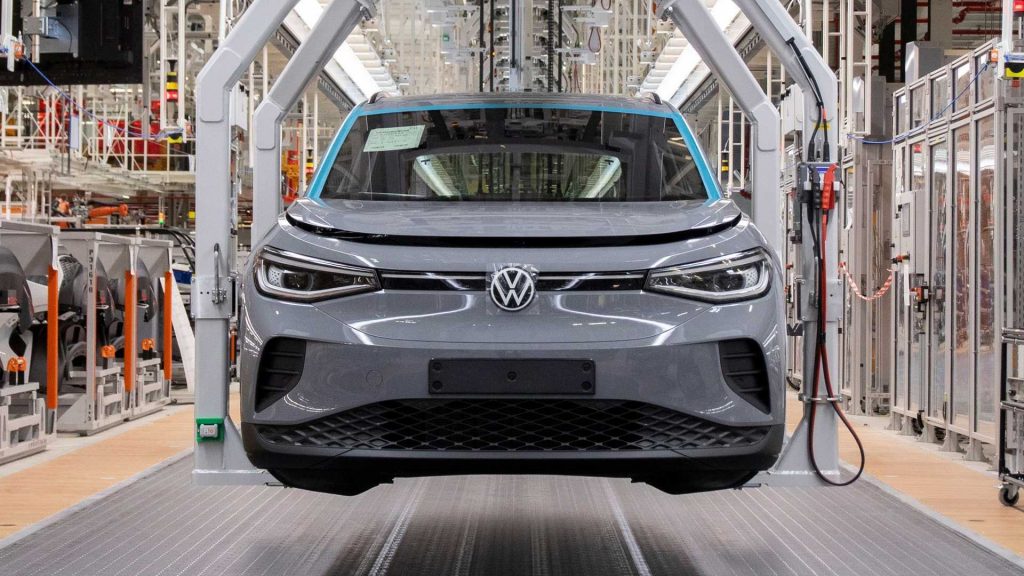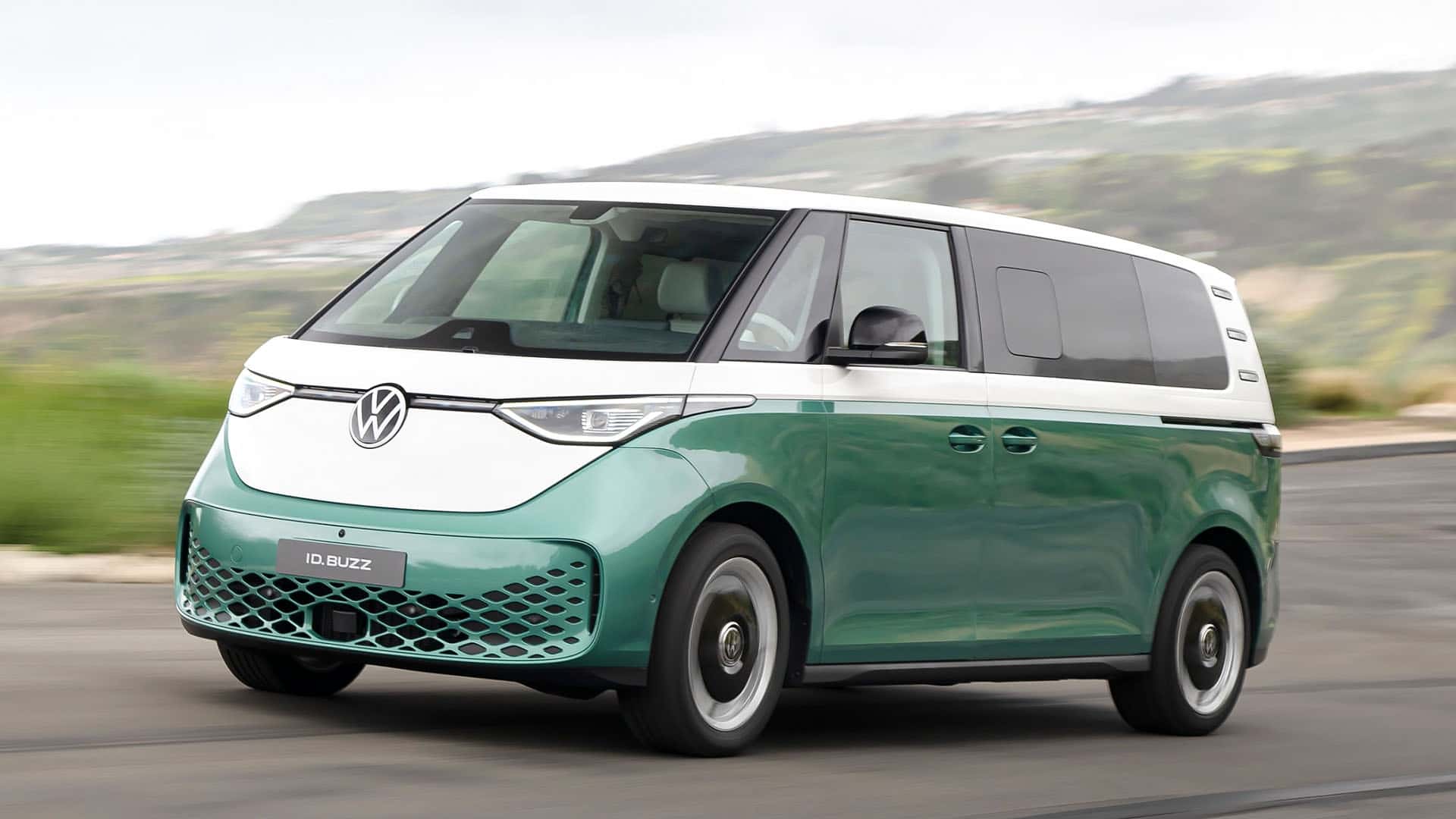Artificial Intelligence is no longer a distant promise or a Silicon Valley experiment. It’s embedded in the now. South Africans are already using generative…
Production idled as VW suffers softening EV demand

Regarding EV strategy, VW has been the most progressive of Germany’s legacy car companies. Across the VW Group, enormous investments are being made to deliver EV vehicle architectures to the market.
Beyond the more affordable Wolfsburg EVs, the VW Group’s luxury brands, Audi and Porsche, have also engineered impressive new EVs, during the last few years. But whereas Audi and Porsche can afford to be selective in their model substitution of EVs for traditional ICE powertrain vehicles, VW can’t.
Before his departure a year ago, VW Group CEO, Herbert Diess, openly stated his admiration for Tesla. Of all the legacy automotive company CEOs, Diess deployed the most commitment and resources towards developing EVs. His obsession with ensuring a broad EV model range for VW, eventually cost him the CEO role.
All the cars – but where are the buyers?
In the wake of Diess’s departure, VW has shown a range of impressive new EVs built on the MEB platform. The late Ferdinand Piech proved that with an overengineered scalable platform, VW Group brands and products could dominate. This was the case from the late 1990s, when the strategy was adopted, until recently.
The issue for VW is that its overinvestment in MEB platform EVs, is not being rewarded by the market. Despite offering EV priced much lower than luxury offerings from Audi and Porsche, consumer demand for VW EVs remains nearly a third below expectations.
Due to lagging demand, VW has been forced to idle production at its EV assembly plant in Emden, Germany. The market reality is that ostensibly affordable EVs remain expensive compared to similarly sized and specified petrol or diesel cars.
Incentives drive EV market dynamics, and governments battling high inflation and other economic issues, have become less generous with their EV incentive schemes.

EV Buzz to the rescue?
What can VW do to match capacity with consumer EV demand? The answer is probably a breakthrough in the American market. Since the diesel emissions scandal of 2015, VW has not been a strong contender in the world’s second-largest market and one with States that feature remarkably high levels of EV adoption.
But with its new ID Buzz, which channels the Californian dream and T1/2 Kombi nostalgia, VW could unlock latent market demand. Californian EV incentives are tremendous, and VW’s advantage could be that Tesla doesn’t market anything comparable to the ID Buzz battery van.
If the ID Buzz becomes popular among American buyers, reviving the once-popular MPV segment, which other EV models have ignored, it could offset much of VW’s European market electric strategy disappointment.


